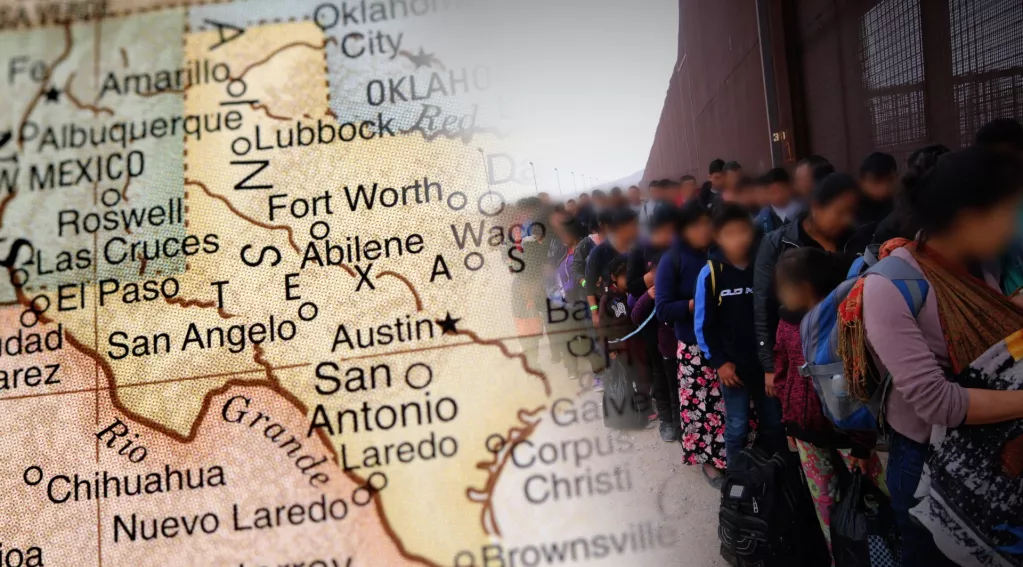Texas’s Democrat Enclaves Bridle at the Migrant Surge in Their Midst

It’s not swanky, cranky Martha’s Vineyard, but Democrat leaders in El Paso are also chafing over migrants in their midst.
Border crossings are nothing new for El Pasoans, yet the current unprecedented volumes are overwhelming. The city expects to spend $10 million this month alone feeding, housing and transporting migrants —10 times those outlays over the past four years.
With costs running $300,000 a day, officials have cut public safety budgets while wondering if or when relief will come from their party patrons in Washington, D.C. “I don’t think anybody’s expecting it to get any better anytime soon,” grumbles Robert Cortinas, chief financial officer for the city government.
Left to its own devices, El Paso has sent 59 busloads of migrants to New York City and four to Chicago so far this month in an attempt to ease the strain on municipal resources. The 2,950 outgoing riders – as well as thousands more hopping aboard Texas Gov. Greg Abbott’s larger bus program — pale in comparison to the daily influx of illegal aliens, of course.
Eight hours east on Interstate 10, San Antonio is getting help from Florida, of all places. Gov. Ron DeSantis dispatched two charter jets to shuttle migrants from a badly overloaded city shelter to Martha’s Vineyard.
Bizarrely, yet predictably, local Democrat Sheriff Javier Salazar announced a criminal investigation into the free DeSantis flights, which, like the Texas-El Paso coaches, are entirely voluntary. What laws were broken? Salazar averred that it was too soon to say. Ironic headlines about “human trafficking” (sic) will have to do for now.
Meantime, migrants bottled up in Texas are “more than willing to leave after being abandoned, homeless, and left to fend for themselves,” reports DeSantis’ spokeswoman.
The most rational response to all this coming and going would be for the Biden administration to immediately send migrants back across the border they breached illegally. The farther they are dispersed into the U.S., the more distant that prospect becomes.

